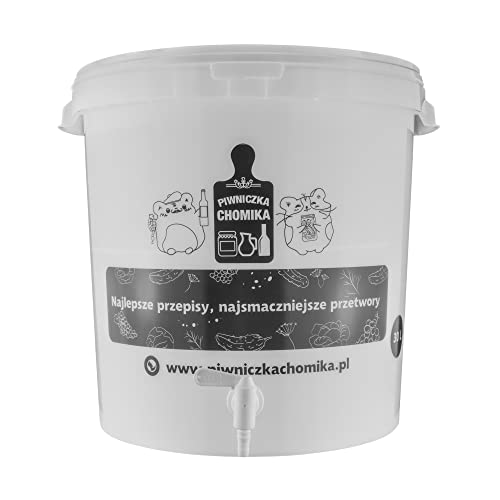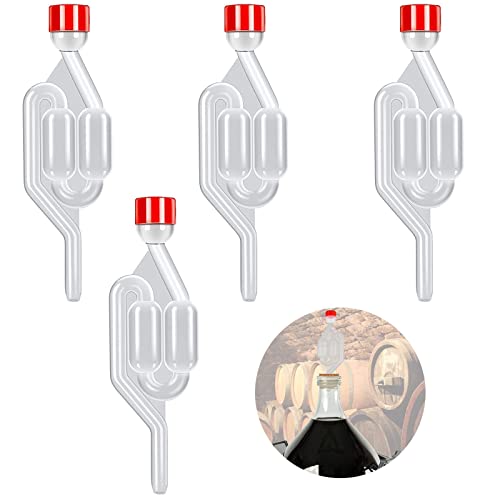IainM
Landlord.
While we are on the topic of companies that feel the impact of climate change on their bottom line, and seeing as this is a forum about brewing, it might be worth looking at the effect on wine production and some of the things wine producers are doing in response to climate change.
Last year they was a nifty little paper which collected together information about grape harvest times, the climate over the growing season, and the quality of that years vintage, for the period from 1600 to 2007. The paper focuses on France, because the French kept records of these things. The data recapitulates many things that are already known - good vintages are produced when the growing season is warm and dry, which results in early harvest of sweet and flavourful grapes; the quality, weather and harvest time are all correlated with one another. Before the last part of the 20th century, these factors varied from year to year, but on average they were quite constant. One year the harvest might be 10 days earlier than average across the wine-growing regions and be a good vintage, the next it might be 6 days later than average and not so good, but the rolling average itself was constant. Of course there are exceptions, like after the 1815 eruption of Mount Tambora in Indonesia and resultant "year without a summer" which causes a whopping 25 day delay in grapes being harvested, but the trend is there. Since 1980s, however, warming has meant that the average harvest day is 10 days earlier than before, even if you ignore the extreme heatwave in 2003 which resulted in grapes being harvested a whole month earlier than expected.
Overall, climate change has been good for French wine producers - the earlier harvests are having beneficial effects on the quality of French wine, with good vintages coming more frequently than before the mid 20th century, particularly for the colder wine producing areas. This is also good news for wine production in the UK, which in the past was too cold to produce good wines. In Spain, things are not quite so cheery, as wine production in the south in particular is past its peak. Indeed, Spanish vintners are buying up British land to compensate. Even in the north of Spain wine producers were seeing drops in production. By the time I was moved to Catalunya, much of the production had already shifted to highlands of Aragon and the foothills of the Pyrenees. Spanish wine producers know about global warming. They taste it in their glass, and see its effects in their profit margins. No wonder they are adjusting their business plans accordingly.
Anyway, I chose to use this topic for no reason other than this is a brewing forum, but it is only one of thousands of pieces of evidence which all point to the same conclusion and illustrates the reality of global warming. It also happens to serve as a good illustration of why some of the denialist accusation on this thread are just wrong. There is no cherry picking of data. Some anomalous data points were there, like the 1815 eruption and the 2003 heatwave, but in the scientific paper there was no selection of start and end points to try and force a pattern that doesn't hold when all the data is used. Indeed, all the data available is used, and through the noise of year-to-year variation, there is a undeniable underlying trend that captures warming, and is having profound consequences on harvest dates and wine quality. This is all public data, so can be independently checked and verified. The sommeliers who rateed vintages in bygone decades, the viticulturalists who recorded harvest dates, and the people keeping track of the weather, were not part of some global warming conspiracy theory. They were just doing what they do, and it just happens that their data reveals what it happening to our climate. The second denialist accusation that this dispels is that every consequence of climate change is negative. That certainly isn't the case for wine producers in Britain or the Loire Valley. In fact, if people actually went to the scientific literature instead of gullibly accepting whatever the media feeds them, they might find the truth to be a hell of a lot more nuanced than the both the shrill alarmism of the left or the downright lies of the right would have them believe.
Last year they was a nifty little paper which collected together information about grape harvest times, the climate over the growing season, and the quality of that years vintage, for the period from 1600 to 2007. The paper focuses on France, because the French kept records of these things. The data recapitulates many things that are already known - good vintages are produced when the growing season is warm and dry, which results in early harvest of sweet and flavourful grapes; the quality, weather and harvest time are all correlated with one another. Before the last part of the 20th century, these factors varied from year to year, but on average they were quite constant. One year the harvest might be 10 days earlier than average across the wine-growing regions and be a good vintage, the next it might be 6 days later than average and not so good, but the rolling average itself was constant. Of course there are exceptions, like after the 1815 eruption of Mount Tambora in Indonesia and resultant "year without a summer" which causes a whopping 25 day delay in grapes being harvested, but the trend is there. Since 1980s, however, warming has meant that the average harvest day is 10 days earlier than before, even if you ignore the extreme heatwave in 2003 which resulted in grapes being harvested a whole month earlier than expected.
Overall, climate change has been good for French wine producers - the earlier harvests are having beneficial effects on the quality of French wine, with good vintages coming more frequently than before the mid 20th century, particularly for the colder wine producing areas. This is also good news for wine production in the UK, which in the past was too cold to produce good wines. In Spain, things are not quite so cheery, as wine production in the south in particular is past its peak. Indeed, Spanish vintners are buying up British land to compensate. Even in the north of Spain wine producers were seeing drops in production. By the time I was moved to Catalunya, much of the production had already shifted to highlands of Aragon and the foothills of the Pyrenees. Spanish wine producers know about global warming. They taste it in their glass, and see its effects in their profit margins. No wonder they are adjusting their business plans accordingly.
Anyway, I chose to use this topic for no reason other than this is a brewing forum, but it is only one of thousands of pieces of evidence which all point to the same conclusion and illustrates the reality of global warming. It also happens to serve as a good illustration of why some of the denialist accusation on this thread are just wrong. There is no cherry picking of data. Some anomalous data points were there, like the 1815 eruption and the 2003 heatwave, but in the scientific paper there was no selection of start and end points to try and force a pattern that doesn't hold when all the data is used. Indeed, all the data available is used, and through the noise of year-to-year variation, there is a undeniable underlying trend that captures warming, and is having profound consequences on harvest dates and wine quality. This is all public data, so can be independently checked and verified. The sommeliers who rateed vintages in bygone decades, the viticulturalists who recorded harvest dates, and the people keeping track of the weather, were not part of some global warming conspiracy theory. They were just doing what they do, and it just happens that their data reveals what it happening to our climate. The second denialist accusation that this dispels is that every consequence of climate change is negative. That certainly isn't the case for wine producers in Britain or the Loire Valley. In fact, if people actually went to the scientific literature instead of gullibly accepting whatever the media feeds them, they might find the truth to be a hell of a lot more nuanced than the both the shrill alarmism of the left or the downright lies of the right would have them believe.


















![BREWING THERMOMETER STICKERS ACCURATELY MONITOR FERMENTING BEER & WINE LIQUID TEMPERATURES 5PCS HOME BREW SPIRITS WINE LCD ADHESIVE [US]](https://m.media-amazon.com/images/I/311DDjo2X3L._SL500_.jpg)






















